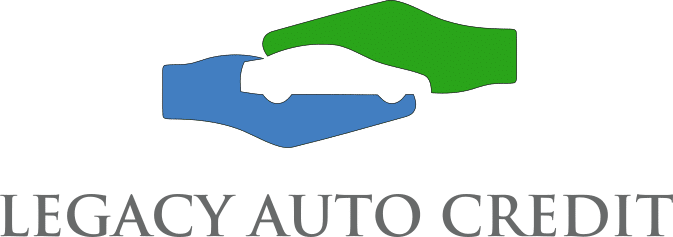Table of Contents
As a Canadian, if you’re looking to finance a car, one of the first things you need to consider is your credit score. A good credit score is necessary for you to get a car loan, and it plays a vital role in determining the interest rate, loan terms, and approval process. In this post, we’ll be discussing what a good credit score is for a car loan in Canada.
What is a credit score?
Credit scores are three-digit numbers that represent an individual’s creditworthiness. Scores are calculated based on a person’s credit history, payment history, and other factors. They range from 300 to 900, with a higher score indicating a better credit history.
In Canada, two credit bureaus, Equifax and TransUnion, provide credit reports and scores. Lenders typically use these scores to determine whether to approve a car loan and what interest rate to offer.
What is a good credit score for a car loan in Canada?
Credit score requirements for auto loans in Canada vary depending on the lender, the vehicle’s cost, and the loan term. However, in general, a good credit score for a car loan in Canada is a score above 650.
A score above 650 is generally considered good by most lenders, and it increases the chances of approval for a car loan. This score also typically results in a lower interest rate and better loan terms.
However, it’s essential to note that every lender has its criteria for evaluating a credit score. Some lenders might consider a score of 620 as good, while others might require a score above 700. Therefore, it’s vital to check with the lender beforehand to understand their requirements.
What are the factors that affect your credit score?
Several factors affect your credit score, and it’s essential to understand them to maintain a good credit score. The most critical factors include:
Payment History
Your payment history is the most crucial factor in determining your credit score. It accounts for 35% of your score and shows your track record of making timely payments. If you’ve missed payments or have late payments, it can significantly impact your credit score.
Credit Utilization
Credit utilization is the amount of credit you’re using compared to your credit limit. It accounts for 30% of your credit score, and it’s essential to keep it below 30%. If you’re using a significant portion of your credit, it can impact your credit score negatively.
Credit Age
A person’s credit age is determined by how long they have had credit. It accounts for 15% of your credit score, and it’s essential to have a long credit history to maintain a good score. If you’re new to credit, it can be challenging to have a high credit score.
Credit Inquiries
When you apply for credit, you receive a credit inquiry. This accounts for 10% of your credit score, and multiple inquiries can negatively impact your credit score. Therefore, it’s essential to limit the number of credit inquiries you make.
Credit Mix
There are many types of credit you can have, including credit cards, loans, and mortgages, which is your credit mix. It accounts for 10% of your credit score, and it’s important to have a diverse credit mix to maintain a good credit score.
Can you still get approved for a car loan with a bad credit score?
It’s possible to get approved for a car loan in Canada with a bad credit score, but it may be more difficult and result in higher interest rates and fees. In this case, you can look for a car dealership that offers in-house financing where they provide the financing for your vehicle purchase themselves, rather than through a third-party lender like a bank or credit union. With in-house finance, you can complete the car buying process all in one place, from selecting a vehicle to securing financing.
What can you do to improve your credit score?
You can rebuild your credit score in several ways before applying for a car loan. Here are some guidelines to help you get started.
Don’t forget to follow the 30% rule
Credit card max-outs are a red flag to potential lenders. Keep your credit card balances below 30% of your overall limit. By doing this, you will demonstrate to your banks or financial institutions that you are not short on cash and that you are handling your finances responsibly.
Make sure your bills are paid on time
Your credit history plays a huge role in your final score, so paying your bills on time is crucial. Don’t make late payments on your loans and credit cards, and make sure you pay the minimum on your loans and credit cards.
Keep your credit card accounts open
You may believe that closing your credit card accounts will increase your credit score. That’s not always the case. Closed credit cards can help you resist the temptation to spend, but they will impact your credit utilization ratio.
Interested in learning more about your credit score and how to fix it? Read our blogs on budgeting and how a financial debt advisor can help you.

